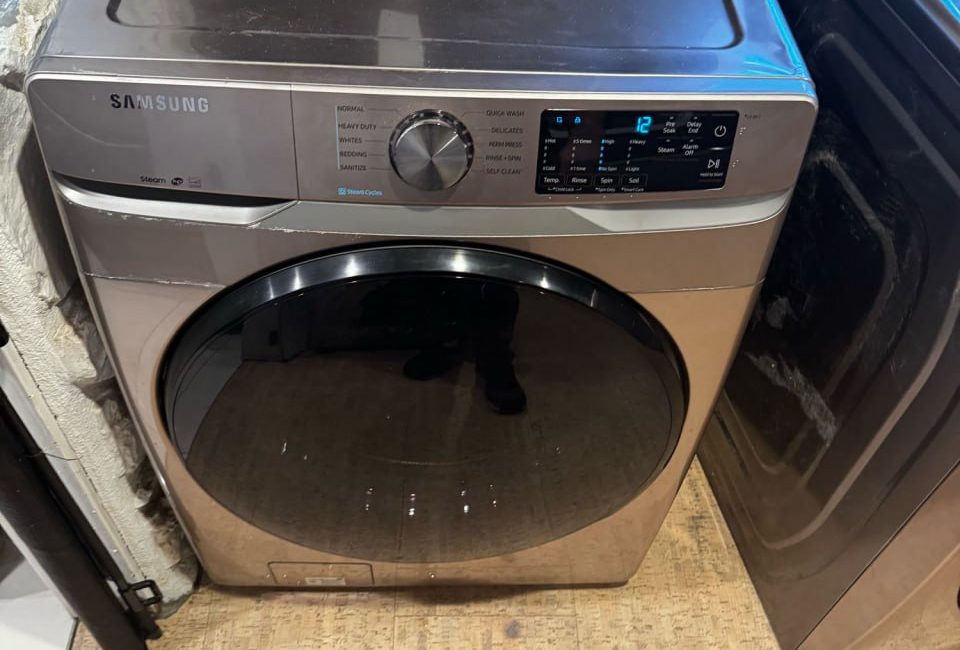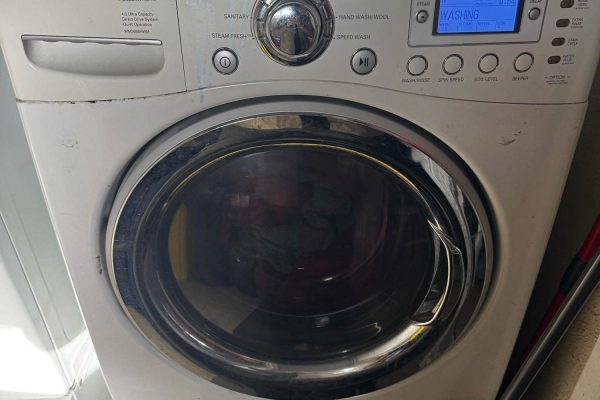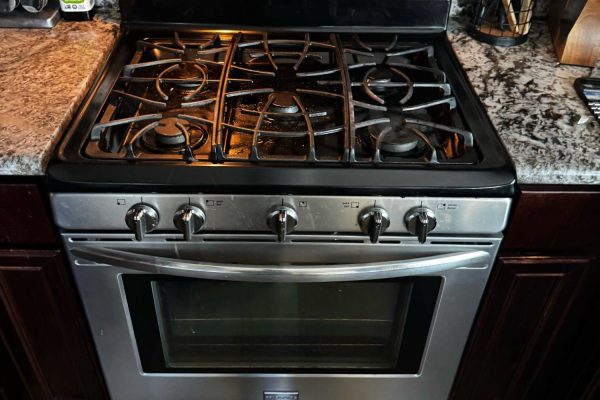A washing machine is a household essential, designed to keep your clothes fresh and clean. However, when your washing machine starts emitting an unpleasant odor, it can turn your laundry routine into an unwelcome chore. The sour, musty smell that sometimes arises is not only off-putting but can also transfer to your clothes, defeating the purpose of using the machine. If you’re struggling with this issue, understanding the causes and solutions can help you restore freshness and extend the life of your appliance.
Why Does the Washing Machine Smell Bad?
Several factors can contribute to unpleasant odors in a washing machine:
- Accumulation of Detergent Residue
Excess detergent, especially when used in high-efficiency (HE) machines, can leave behind a sticky residue that traps dirt and moisture. Over time, this creates a breeding ground for bacteria and mold. - Moisture Retention
Washing machines, particularly front-loading models, often retain moisture in the rubber door gasket and drum. This damp environment encourages mold and mildew growth. - Dirty Filters or Hoses
Filters and drainage hoses can become clogged with lint, hair, and other debris, causing water to stagnate and produce foul smells. - Low-Temperature Washes
Regularly washing clothes at low temperatures can leave behind bacteria that thrive in such environments. - Overloading
Overloading the drum reduces airflow and prevents proper rinsing, leading to trapped odors.
How to Eliminate Washing Machine Odors
If your washing machine smells bad, don’t worry—it’s a solvable issue. Follow these steps to restore freshness:
- Deep Clean the Drum
Run an empty cycle with hot water and add two cups of white vinegar or a washing machine cleaner. Vinegar’s natural acidity breaks down residue and neutralizes odors. - Clean the Gasket and Seals
Inspect the rubber gasket on a front-loading machine. Use a cloth soaked in soapy water or vinegar to wipe it thoroughly, paying attention to hidden crevices where dirt and mold may hide. - Check and Clean Filters
Remove and clean the machine’s filters. Soak them in warm, soapy water and scrub gently to remove debris. - Inspect Hoses
Check for clogs or buildup in the drainage hose. Detach it carefully and flush it out with hot water if necessary. - Leave the Door Open
Always leave the washing machine door ajar after use to allow air circulation. This helps prevent moisture buildup. - Adjust Detergent Use
Use the recommended amount of detergent for your machine. High-efficiency washers require less detergent than standard models. - Schedule Routine Maintenance
Regular maintenance ensures your washing machine runs smoothly and remains odor-free.
Preventing Odors: Tips for Long-Term Freshness
- Run Monthly Cleaning Cycles
Incorporate a monthly cleaning routine for your machine using vinegar or a specialized cleaning product. - Avoid Overloading
Overloading hampers proper rinsing and airflow, leading to trapped dirt and odors. - Wipe After Each Use
Use a dry cloth to wipe the door, gasket, and drum after every cycle. - Monitor Water Quality
Hard water can leave mineral deposits, contributing to odor buildup. Consider installing a water softener if needed. - Seek Professional Assistance
If the odor persists despite your best efforts, it may be time to call in the experts.
Why Choose Poway Appliance Repair Service Center?
Sometimes, DIY methods aren’t enough. Persistent odors can signal deeper issues, such as clogged internal components or malfunctioning parts. At Poway Appliance Repair Service Center, we specialize in diagnosing and fixing washing machine problems efficiently.
Our trained technicians use advanced tools to ensure thorough cleaning and repair. From clogged hoses to faulty drainage systems, we’ll tackle the root cause of the issue, restoring your machine to peak performance.
Don’t let a smelly washing machine disrupt your home. Call Poway Appliance Repair Service Center today and bring freshness back to your laundry routine.
Contact us


